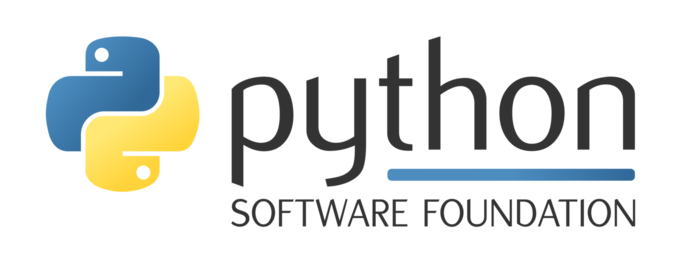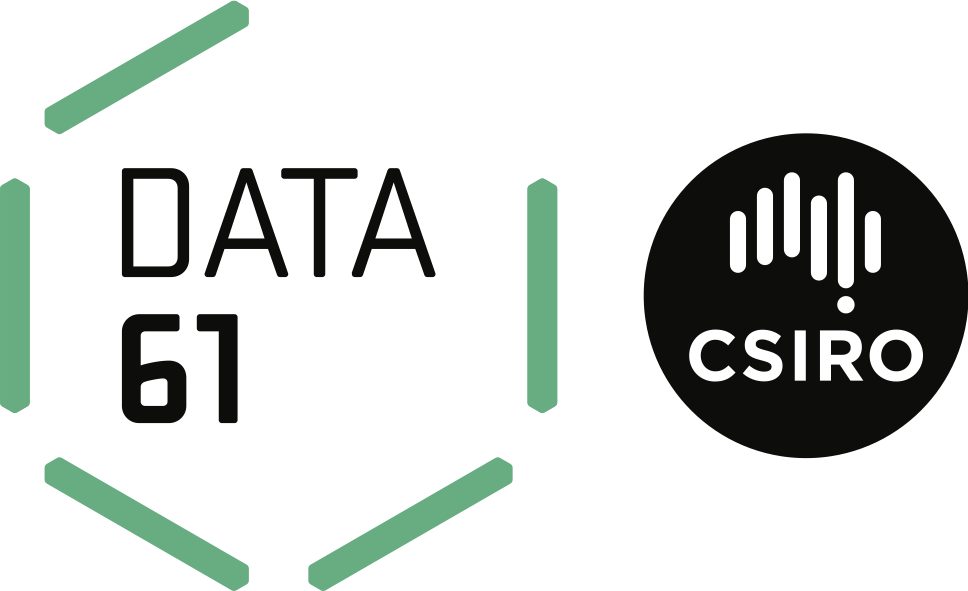Imagine you’re building a fancy robot-driven warehouse. Your pick, place, and packing robots need to get around quickly, find the right item and put it to the right place without colliding with each other, shelves, or people. But you don’t have any robots yet, and you need to start. Try simulations!
Imagine you’re building a high-volume, expensive, robot-driven warehouse. Your pick, place, and packing robots need to get to the right place quickly, find the right item and sort it to the right place without colliding with each other, the shelves, or people. But you don’t have any robots yet, and you need to start writing the logic. Enter: game engines.
A game engine is controlled, self-contained spatial, physical environment that (can) closely replicate (enough of) the real world (to be useful).
This session will explore how you can use game engines to explore and solve problems——such as the aforementioned robot-driven warehouse——in a simulated environment, without building costly and complicated real-world rigs.
Learn how: * straightforward a game engine can be * how to define and lay out your environment for ML problem solving * how to choose and apply different ML techniques, algorithms, and learning approaches, such as (deep) reinforcement learning, imitation learning, and curriculum learning * how generic but powerful Python-powered algorithms, such as PPO (Proximal Policy Optimization) make this new-wave of ML possible * how to tune simulations and pick the right actions, observations, and rewards to optimise your agents * how to design for emergent problem solving by your agents, where you’re not quite sure what the optimal solution looks like
Using the popular, powerful (Mono/C#-based) Unity game engine, and its integration with Python, primarily for TensorFlow, as a case study, this session will explore simulation-driven machine learning.
Game engines are a great place to explore ML and AI. They’re wonderful constrained problem spaces, tiny little ecosystems for you to explore a problem in. Here you can learn how to use them even though you’re not a game developer. It’s a great place to dive in to all the wonderful Python-powered ML- and AI- tools if you’re new to that space. It’s a little bit creative, too.
Watch 'Building, designing, teaching and training simulation environments for Machine Learning' on PyCon AU's YouTube account

Paris Buttfield-Addison
Paris Buttfield-Addison is cofounder of Secret Lab, a game development studio based in beautiful Hobart, Australia. Secret Lab builds games and game development tools, including the multi-award-winning ABC Play School iPad games, the BAFTA- and IGF-winning Night in the Woods, the Qantas airlines Joey Playbox games, and the Yarn Spinner narrative game framework. Previously, Paris was mobile product manager for Meebo (acquired by Google). Paris particularly enjoys game design, statistics, law, machine learning, and human-centered technology research and writes technical books on mobile and game development (more than 20 so far) for O’Reilly Media. He holds a degree in medieval history and a PhD in computing.




















